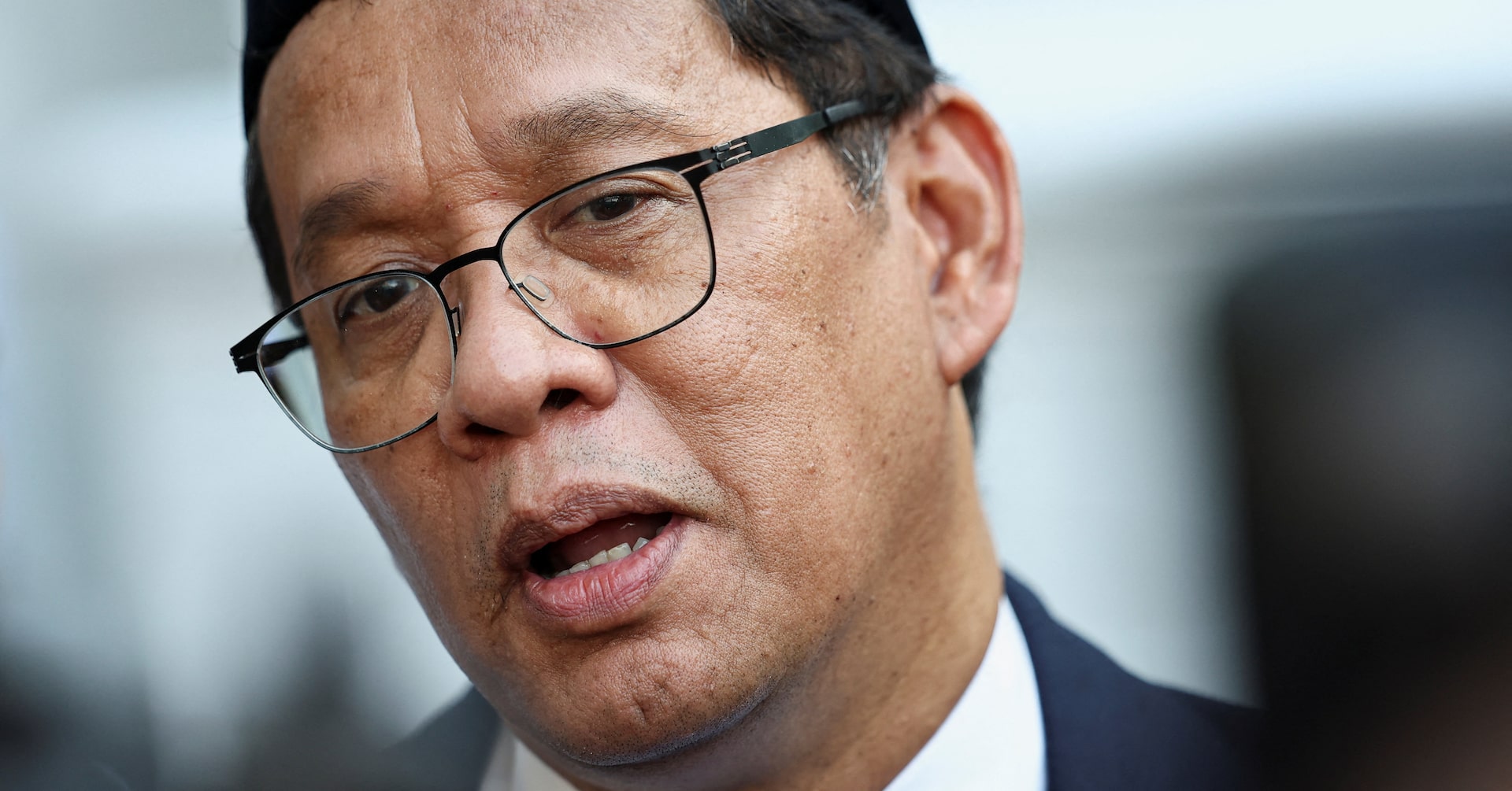Banking Lifeline: Indonesia Preps Massive Liquidity Boost to Stabilize Financial Sector

In a strategic move to ease financial strain, Indonesia's newly appointed finance minister announced a significant liquidity injection on Wednesday. The government plans to transfer 200 trillion rupiah (equivalent to $12.15 billion) from central bank reserves to commercial banks, aiming to alleviate the current tight liquidity conditions in the country's banking system.
This bold financial maneuver is expected to provide much-needed breathing room for commercial banks, potentially stimulating lending and supporting economic growth. By redistributing these funds, the finance minister hopes to create a more fluid and responsive banking environment that can better support Indonesia's economic needs.
The substantial transfer underscores the government's commitment to maintaining financial stability and supporting the banking sector during challenging economic times. Financial experts will be closely watching the impact of this strategic intervention in the coming weeks.





:quality(70)/cloudfront-us-east-1.images.arcpublishing.com/shawmedia/O3A3LMAFTJGK3BD6X5TA3TA5OY.jpg)


